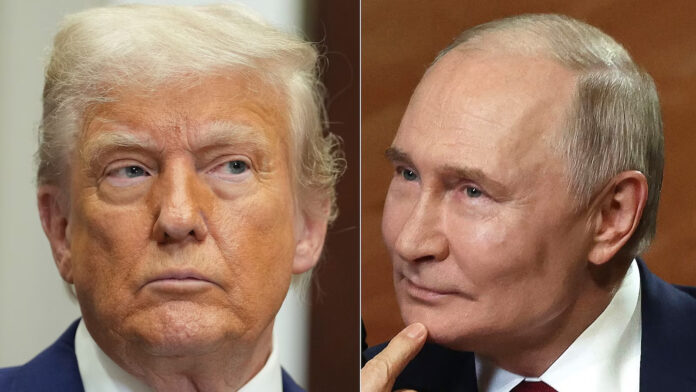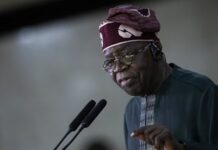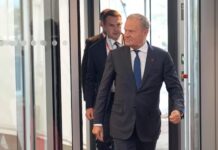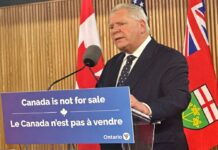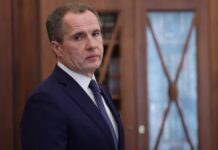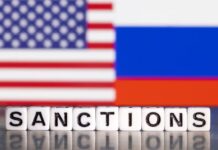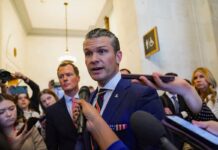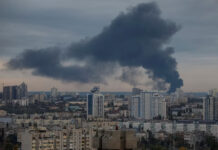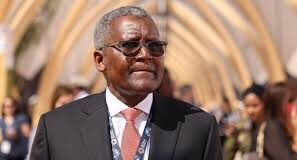Tensions between Ukraine and Russia remain high despite a high-profile phone call between U.S. President Donald Trump and Russian President Vladimir Putin, as both nations accuse each other of launching fresh drone attacks overnight.
Ukraine’s Air Force reported Tuesday that Russia launched 108 Iranian-made Shahed drones, along with several decoy UAVs, targeting key regions in the east, center, and north. Ukrainian defenses intercepted and destroyed 93 of the drones, according to a statement posted on its official Telegram channel.
The aerial assaults came just hours after Trump and Putin held a nearly two-hour phone conversation on Monday, with Trump speaking from the Oval Office and Putin dialing in from Sochi. Following the call, Trump expressed optimism that ceasefire negotiations between Kyiv and Moscow would begin “immediately.”
However, Putin offered a more cautious stance, indicating Russia’s willingness to discuss a temporary ceasefire, conditional on reaching mutual agreements. Kremlin aide Yury Ushakov confirmed that no timeline or terms had been agreed upon during the call.
This is not the first time Putin has dismissed calls for a ceasefire. He previously rejected a joint Washington-Kyiv proposal for a 30-day truce and declined Ukrainian President Volodymyr Zelensky’s invitation for direct talks in Istanbul last week.
“Unfortunately, following the Trump–Putin phone call, the status quo has not changed,” said Mykhailo Podolyak, an adviser to President Zelensky.
In the wake of the call, European leaders, led by German Chancellor Friedrich Merz, announced plans to intensify sanctions against Russia. Trump, however, said the U.S. would refrain from supporting additional sanctions for now, citing a “chance” for diplomatic progress. “You could make it much worse,” he warned, “but there could be a time where that’s going to happen.”
Zelensky later stated that discussions are underway regarding the location for a potential next round of peace talks. Kremlin spokesperson Dmitry Peskov said no decision has been made but emphasized Moscow’s focus on resolving the conflict by addressing its “root causes.”
Former U.S. Ambassador to Ukraine William Taylor criticized Putin’s framing, saying, “He wants Ukraine to surrender… to disarm… so they cannot defend themselves. That’s what Putin means when he says, ‘the root causes.’”
Despite renewed diplomatic efforts, the continued violence signals a complex road ahead for any meaningful peace process.
Written By Rodney Mbua









